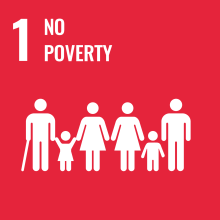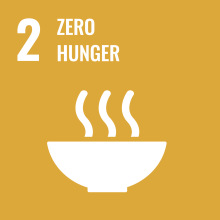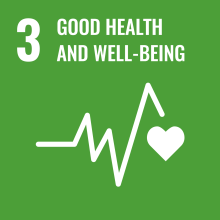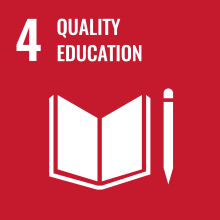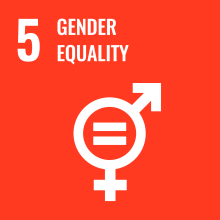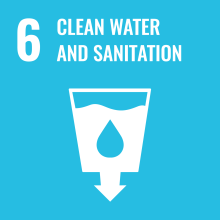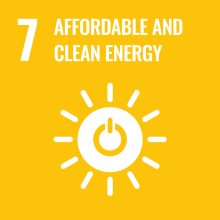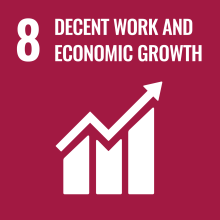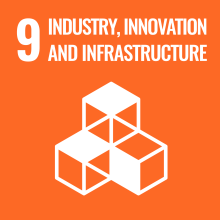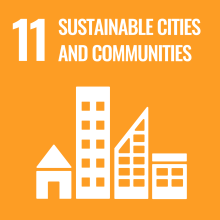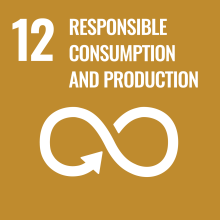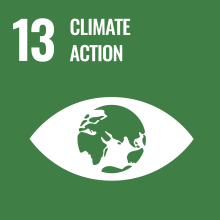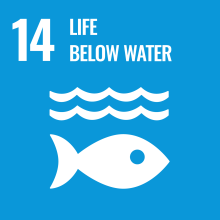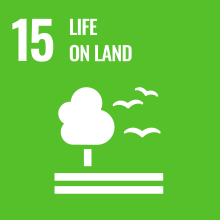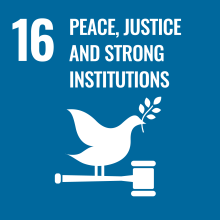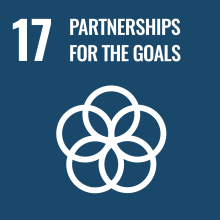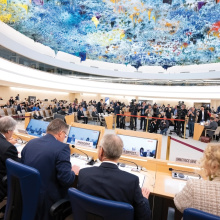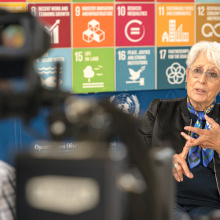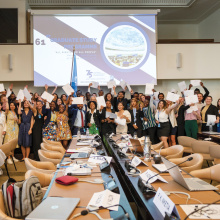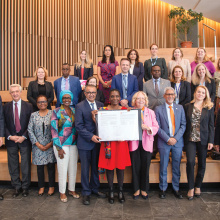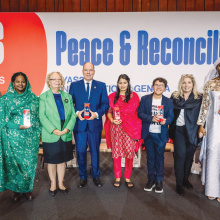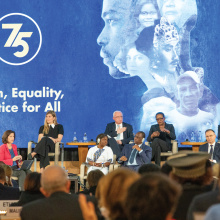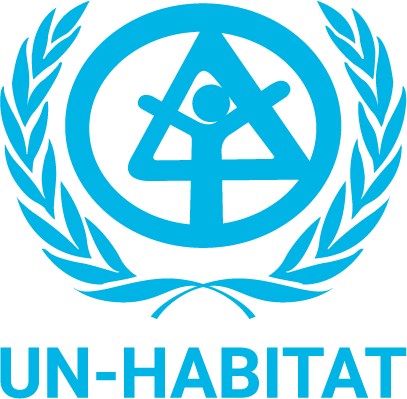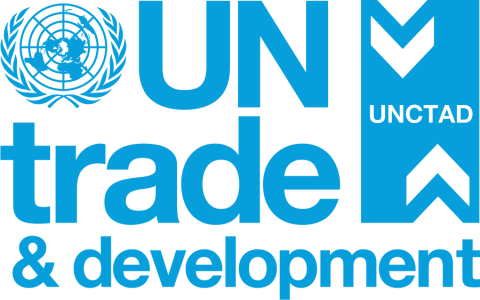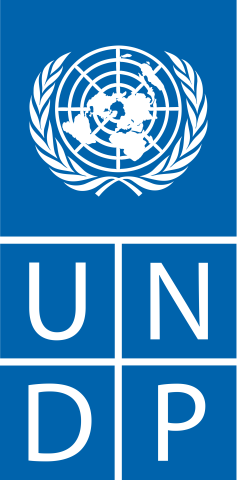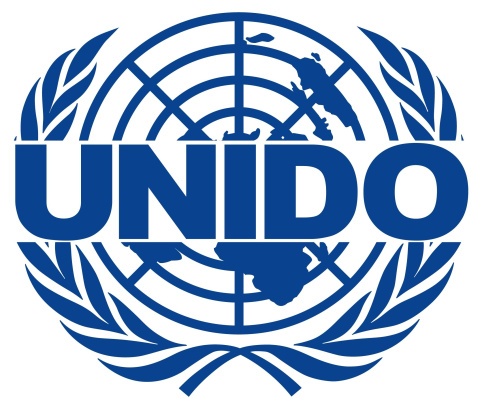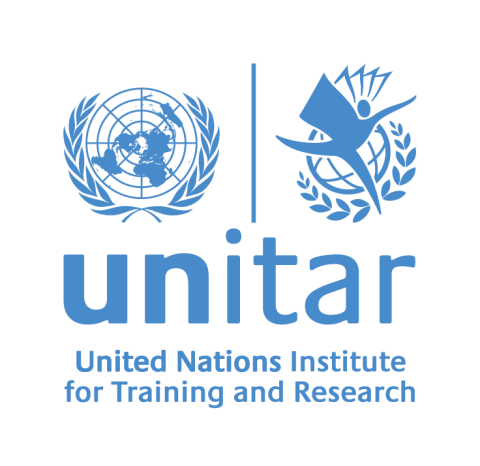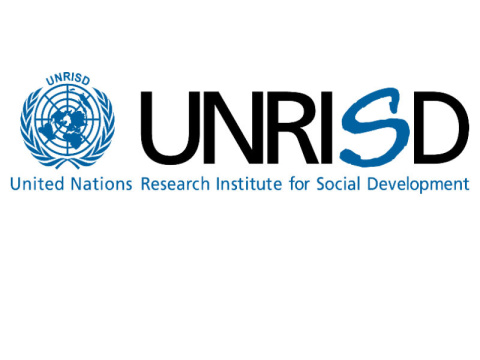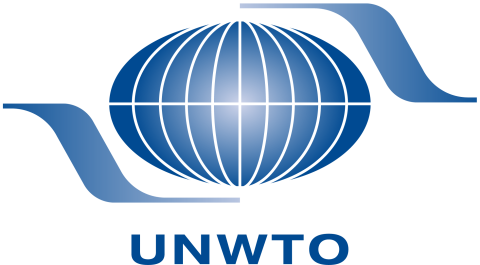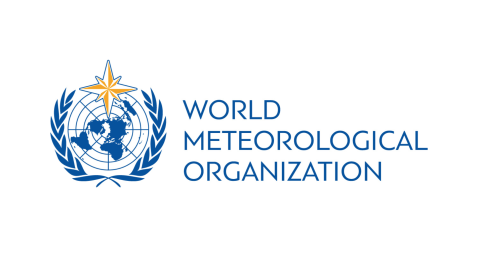
Breadcrumb
What are the SDGs?
Tracking progress
The goals are formulated as short, clear statements. But how to achieve “zero hunger”, “quality education” or “affordable and clean energy”? A set of targets for each goals sets the course, defining what exactly we want to achieve. These 169 targets are linked to a total of 248 indicators allowing us to measure the progress made for each goal.
The central body to review this progress is the High-Level Political Forum which convenes every year. States are encouraged to carry out national reviews of their performance in regular intervals, and the states under review share their experiences, successes, and mistakes made on their path towards the 2030 Agenda.
Also on an annual basis, the Secretary-General publishes an SDG report, prepared with input from the entire UN System, and other international and regional organizations, statisticians and experts from academia and civil society.
According to the 2024 report, current progress falls far short of what is required to meet the SDGs. Without "massive investment and scaled up action", we will not achieve our goals.
External assessment:
Third entities, such as universities and NGOs independently track the progress countries make towards the SDGs. The results are largely the same as the UN assessments: no country is on track to achieving the goals by 2030. The SDG Transformation Center gives a detailed overview on the progress countries make on each goal, and also, how they positively or negatively impact other states on their respective sustainability path.
Goal 5, “gender equality”, has nine targets, including:
Target 5.5
Ensure women’s full and effective participation and equal opportunities for leadership at all levels of decision-making in political, economic and public life
Indicators:
5.5.1 Proportion of seats held by women in (a) national parliaments and (b) local governments
5.5.2 Proportion of women in managerial positions
Mention in 2024 SDG report:
"Parity in women’s participation in public life remains elusive, and in management positions, at current rates, parity will require another 176 years. Women carry an unfair burden of unpaid domestic and care work, spending 2.5 times more hours a day on it than men. [...] Data from 120 countries show that from 2019 to 2023, 56 positive legal reforms focused on removing discriminatory laws and establishing legal frameworks to advance gender equality. Twenty-two reforms centred on equal rights to employment and economic benefits and 18 on stopping violence against women. The reforms included lifting restrictions on women working in specific sectors, guaranteeing equal remuneration for work of equal value".
More than half of the time has elapsed
Only 15 years were given to the world community to change their course of action from the core and to achieve the Global Goals. In 2023, we passed the halfway point. That year’s SDG report is a comprehensive midpoint review, pointing out the development gaps.
Reasons for the weak performance are, in addition to the COVID-19 pandemic, emerging wars and conflicts, and many member states’ actions falling short of their commitments, notably in the fields of climate finance and financial support for low- and middle-income countries.
"Unless we act now, the 2030 Agenda will become an epitaph for a world that might have been."
António Guterres, UN Secretary-General
Five areas for immediate action:
The 2023 midterm report raises five points which Member States should tackle urgently.
Heads of State and Government should recommit to seven years of accelerated, sustained and transformative action, both nationally and internationally, to deliver on the promise of the Sustainable Development Goals.
Governments should advance concrete, integrated and targeted policies and actions to eradicate poverty, reduce inequality and end the war on nature, with a focus on advancing the rights of women and girls and empowering the most vulnerable.
Governments should strengthen national and subnational capacity, accountability and public institutions to deliver accelerated progress towards achieving the Sustainable Development Goals.
The international community should recommit at the SDG Summit to deliver on the Addis Ababa Action Agenda and to mobilize the resources and investment needed for developing countries to achieve the Sustainable Development Goals, particularly those in special situations and experiencing acute vulnerability.
Member States should facilitate the continued strengthening of the United Nations development system and boost the capacity of the multilateral system to tackle emerging challenges and address Sustainable Development Goals-related gaps and weaknesses in the international architecture that have emerged since 2015.
UN Geneva has a role to play
The 2030 Agenda for Sustainable Development provides a blueprint for the work of the Secretariat and, therefore, for the UN in Geneva. The SDGs are embedded in everything UN Geneva does and sparked new partnerships and intensified collaboration across Geneva’s ecosystem, consisting of over 100 international organization, 180 Member State representations, some 400 NGOs, a dynamic private sector and prominent academic institutions. Geneva has therefore become an important hub for SDG implementation on a wide range of topics – from health, security and humanitarian affairs, to migration, digital policy and intellectual property.
The Perception Change Project (PCP), launched by the Director-General in 2014 and collaborating with over 100 partners, showcases the relevance and impact of the UN’s work on everybody’s life worldwide and encourages public engagement in implementing the 2030 Agenda. Examples of PCP’s work include the NotAWoman’sJob exhibition series; and a range of publications, notably action booklets and children’s books, to mention just a few of the examples of its output. One noteworthy PCP project has been the mapping of International Geneva with regards to their work towards attaining the SDGs.
The Beyond Lab in the Office of the UN Geneva Director-General is an innovation space, exploring ways to drive systems change for sustainability. The Beyond Lab looks, for example, at ways to measure development beyond a country’s GDP. The “Youth moving beyond GDP” initiative is part of an intergenerational dialogue series organized by the Beyond Lab. In its “Futures Balance” project, the Beyond Lab provides a tool for governments to identify sustainable investment areas – so that future generations will benefit from governments’ decisions made today.
UN Geneva supports the Common Agenda of the Secretary General, his vision for the future of global cooperation. The Common Agenda calls for inclusive, networked, and effective multilateralism to better respond and deliver for the people and planet and to get the world back on track by turbocharging action on the Sustainable Development Goals. The Summit of the Future, held in September 2024, was a major milestone on this path. Its main outcome document, the Pact for the Future, touches different areas, such as peace and security, sustainable development, digital cooperation, youth and future generations as well as human rights and gender. It stipulates some changes within the structure of the UN, including a Security Council reform, but its focus lies on addressing upcoming challenges, for example how to govern AI, and on considering the needs of future generations. In the area of sustainable development, a reform of the international financial sector was decided, improving services and support for developing countries. If applied as agreed, the Pact for the Future will turbocharge the implementation of the SGDs, and it can be a game changer towards a more sustainable world.
UN Geneva is being scrutinized as part of the UN's internal environmental sustainability initiative, Greening the Blue. In this context, UN Geneva is committed to reducing water, waste, and CO2 emissions.
See more initiatives from the International Geneva community to foster the SDGs
Organizations working on the SDGs
The International, Impartial and Independent Mechanism - Syria (IIIM) was established in December 2016 by the General Assembly to assist in the investigation and prosecution of persons responsible for the most serious crimes under International Law committed in the Syrian Arab Republic since March [...]
The Independent Institution is a UN entity established by the General Assembly on 29 June 2023 in response to the urgent calls for action from family members of Syria’s many thousands of missing persons to determine their fate and whereabouts. The IIMP’s founding resolution mandates it to:
- Clarify [...]
The United Nations Human Settlements Programme, UN-HABITAT, is the United Nations agency for human settlements. It is mandated by the UN General Assembly to promote socially and environmentally sustainable towns and cities with the goal of providing adequate shelter for all.
UN Trade and Development (UNCTAD) is the UN’s leading institution dealing with trade and development. It is a permanent intergovernmental body established by the United Nations General Assembly in 1964. UNCTAD supports developing countries to access the benefits of a globalized economy more fairly [...]
UNDP is the leading United Nations organization fighting to end the injustice of poverty, inequality, and climate change. Working with a broad network of experts and partners in 170 countries, the agency helps nations to build integrated, lasting solutions for people and planet.
The UNDP Office in [...]
As a dedicated training arm of the United Nations system, the United Nations Institute for Training and Research (UNITAR) provides innovative learning solutions to individuals, organizations and institutions to enhance global decision-making and support country-level action for shaping a better [...]
The Geneva Branch of the Office for Disarmament Affairs assists Member States in supporting their disarmament, arms control and non-proliferation efforts aimed at achieving the goal of general and complete disarmament under strict and effective international control.
The Branch provides [...]
Housed at the Palais des Nations, the United Nations Office at Geneva (UNOG) serves as the representative office of the Secretary-General at Geneva. A focal point for multilateral diplomacy, UNOG serviced around 8,000 meetings last year, making it one of the busiest conference centres in the world [...]
UNOPS helps the UN and its partners provide peace and security, humanitarian and development solutions. Their mission is to help people build better lives and countries achieve peace and sustainable development.
They are focused on implementation, committed to UN values and private sector [...]
UNRISD is an autonomous research institute within the UN system that undertakes interdisciplinary research and policy analysis on the social dimensions of contemporary development issues. UNRISD works collaboratively with an extensive network of partners from the academic, policy, practitioner and [...]
UNWTO's presence in Geneva has the potential to substantially increase the positive impact of tourism as an engine for development. As part of the UNWTO Geneva Liaison Office (GVLO) scope of work to represent UNWTO to the UN System and Diplomatic Missions in Geneva and in building strategic [...]
The World Meteorological Organization (WMO) is a specialized agency of the United Nations. It is the UN system's authoritative voice on the state and behaviour of the Earth's atmosphere, its interaction with the oceans, the climate it produces and the resulting distribution of water resources.


